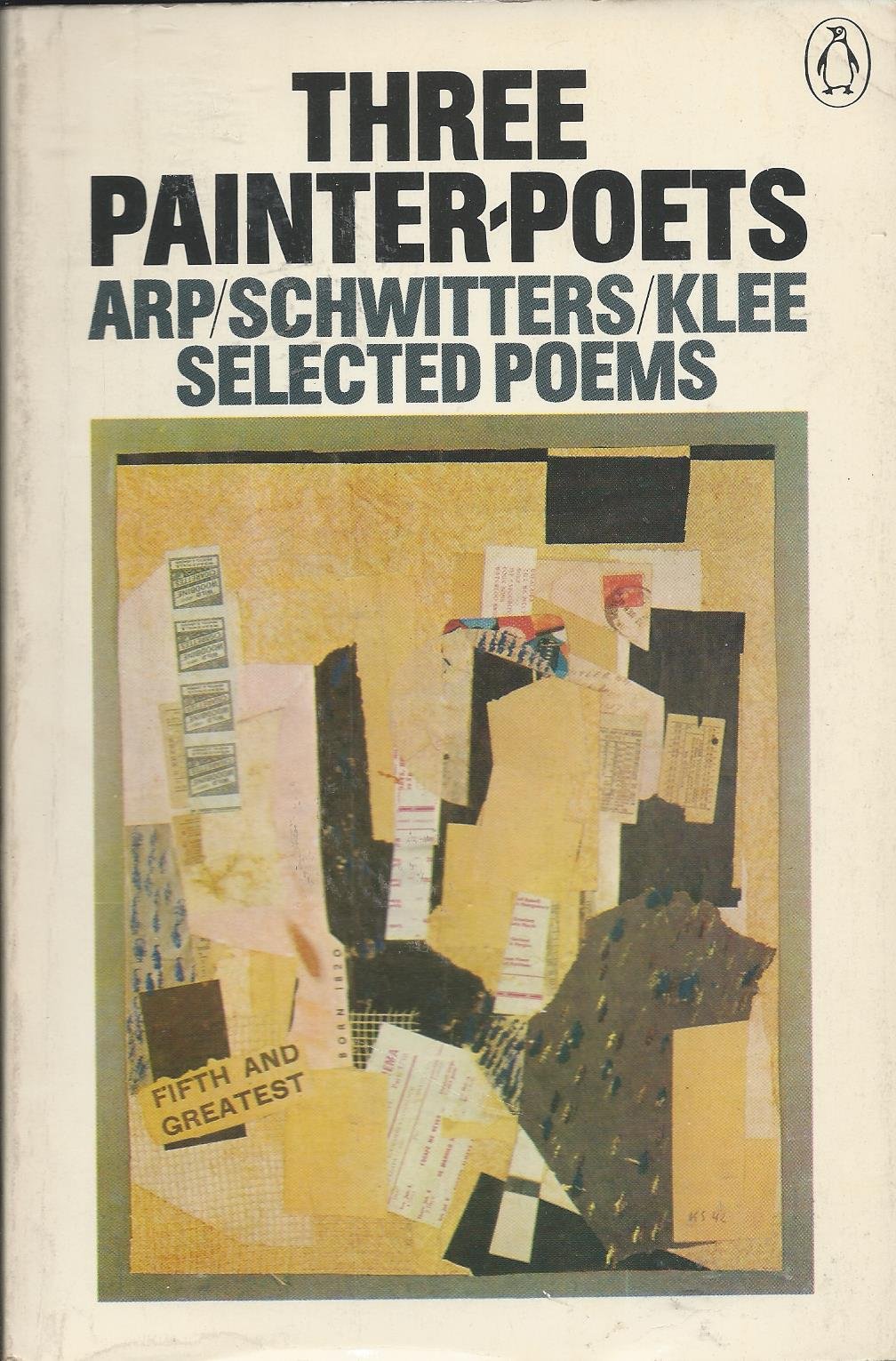

 |

|

The average rating for Three painter-poets, Arp, Schwitters, Klee based on 2 reviews is 4 stars.
Review # 1 was written on 2017-11-09 00:00:00 Alec Smales Alec SmalesWith little of the "lit crit" egotism, this work managed to be incisively critical and creative at the same time. I picked it up out of interest for the title buzzwords, and the book's incorporation of art critiques as well as literary. But the running theme is less about perception and more about genesis. Brockbank manages to sew it all together nicely, starting with early Renaissance Milton and Blake and ending with Joyce's new methods. Each essay or chapter is tied to the others, following a progression (or ascent or descent, depending on your view) of birth to death, genesis to apocalypse. An alternate title choice might be "An Exegesis on Genesis". In a Joycean manner I'll start at the end: Brockbank's poetry on varying pieces of art is feeble, but I admire the attempt. It's brave to end a critical work with your own words, and at least apt to the titular creativity. Some of the poems, however weak, aided my understanding of the artwork, so the effect was not entirely lost. I especially enjoyed "Absinthe I" as it opened my eyes to the contrasting personalities on the canvas. Now going back to the prose (the rest of the book), I was impressed by the varying motifs aside from the obvious birth/death. There was a treatment of the fall of man, as seen from the angle of virtue versus vice which appears in every work critiqued. The writer her/himself features without irony in most works as Satan or God, both creating more than destroying. After moving through Milton and several idyllic Christian creation legends, Pope's Dunciad and the essay thereon caught my attention most. The Grub Street London literary underground stands in for a Dantesque world, with scatological references to emphasize the vulgarity of untalented writers. "The world of The Dunciad is still familiar enough: great cities continue to create garbage, hack writers to satisfy our huge appetite for trifles, pedants to traffic in banalities masked as profundities…" (p 102) Pope and most of the great Elizabethan writers worried that artistic creation was mired in the common herd. Seems a propos more than ever today. Brockbank then proceeds past a meticulous study of Keats and on to Joyce, in my favorite essay "From Genesis to Guinnesses: Joyce and Literary Tradition" which was delightful, though I haven't read a word of Joyce yet. My favorite remark is on one of Joyce's many coined words "sinse" and the linguist Sollers reasons: "Ever since sense, there is sin; ever since sin, there is sense; ever since since (time), there is sin and sense… In one word … you have a thesis on language and man's fall from paradise." (p 134) Finally, Brockbank winds it all up with an essay comparison of Shakespeare's virtue plays and Carpaccio's Ursula panels. He makes an interesting point on the city/citadel theme in theater and art, running from Greek tragedy to the Enlightenment. I would recommend this to anyone weary of the lit crit crowd, especially Saussure or Hume. It's a surprisingly creative and expressive book for non-fiction. |
Review # 2 was written on 2017-06-15 00:00:00 John Powers John PowersGreat collection of paintings from my favorite Van Gogh phase, but the poetry......meh. |
CAN'T FIND WHAT YOU'RE LOOKING FOR? CLICK HERE!!!